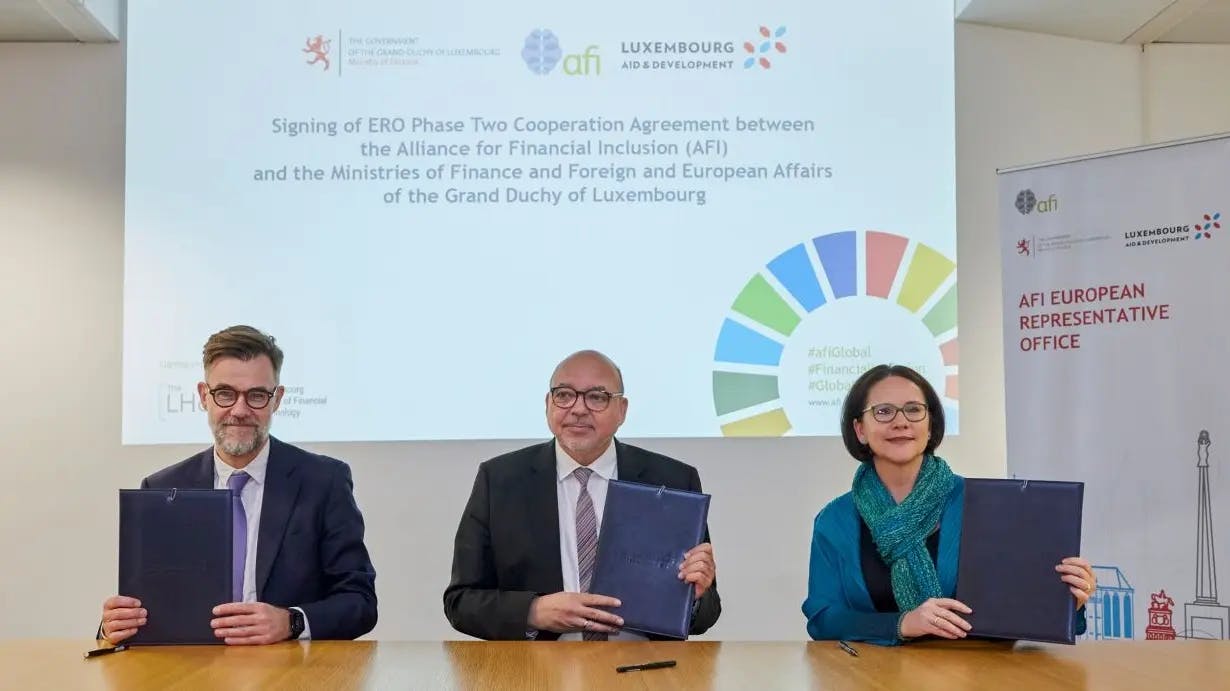Luxembourg's financial literacy woes: how the government addresses the issue

Luxembourg faces a challenge as the results of the OECD financial literacy survey reveal a lack of financial knowledge and responsible behavior among its residents. The government and financial organizations are taking action to address the issue by promoting financial education and sustainable policies.
Financial center, but
Luxembourg recently participated for the first time in an OECD (Organisation for Economic Co-operation and Development) survey to measure the level of financial literacy among its residents aged 18 to 79 years old. The country's financial literacy score is 60 out of 100, not the best result. The problem also emerged in the section of young adults: for 18-29 year-olds the score is even lower — at 52 out of 100.
The OECD (Organisation for Economic Co-operation and Development) conducts a financial literacy survey to measure the financial literacy level of adults in its member countries and partner economies.
While the overall level of financial knowledge of Luxembourg residents is high enough, the problem lies in financial behavior and attitudes, where Luxembourg is below the OECD average for all age groups. This is thought to be due to the country's economic context when it comes to budget management.
The ABBL Foundation for Financial Education and the CSSF, who conducted the research in the first place, has called for the introduction of financial education in elementary and secondary schools. Also, the solution would be better coordination of the different existing initiatives that for now resides mainly in extracurricular activities. The Finance Minister also stressed that financial education must be accessible to all.
The OECD survey aims to assess adults' financial knowledge, attitudes, and behavior to help governments and stakeholders identify and address gaps in financial education and consumer protection policies. The global survey is conducted every three years, and over 30 countries participated in the latest edition in 2020. In 2010, the International Network on Financial Education Toolkit for assessing financial literacy and inclusion was released. This involved a working group, national surveys, international research, and expert input. Toolkit was received positively by G20 leaders in September 2013. That allows governments and statistical offices to make financial studies on their own.
Financial literacy is important for citizens and countries for several reasons:
- Personal finance management. Financial literacy enables individuals to manage their personal finances effectively. It helps them to make informed decisions about financial products and services and avoid common financial pitfalls and enables consumer self-protection.
- Economic growth. Financial literacy promotes economic growth by increasing savings and investment rates, encouraging entrepreneurship, and improving the efficiency of financial markets.
- Social inclusion. Financial literacy promotes social inclusion by helping individuals from all backgrounds to access financial services and products, and by reducing inequalities in financial knowledge and opportunities.
- Retirement planning. Financial literacy is particularly important for retirement planning, where individuals need to make complex decisions about savings, investment, and risk management to ensure a comfortable retirement.
Overall, financial literacy is essential for individuals and society as a whole to achieve financial well-being and prosperity. Luxembourg's government knows it as well.
Inclusion for all
This week, on the 27th of March, Franz Fayot, Luxembourg's Minister for Development Cooperation and Humanitarian Affairs, and Yuriko Backes, Minister of Finance, have signed an agreement to extend Luxembourg's partnership with the Alliance for Financial Inclusion (AFI) for a second phase.

The partnership aims to advance inclusive and sustainable policies and regulations in Eastern Europe, Central Asia, the Middle East, and North Africa. The Luxembourg government and AFI will also cooperate to expand technical cooperation and knowledge exchange with stakeholders in the Luxembourg inclusive finance ecosystem, the broader European stakeholder community, and global financial standard-setting bodies.
AFI's Multi-Donor Financial Inclusion Policy Implementation Facility (MD-PIF) will advance financial inclusion in Africa and the Arab Region. The agreement builds on the success of AFI's European Representative Office, which launched in Luxembourg in October 2020.





